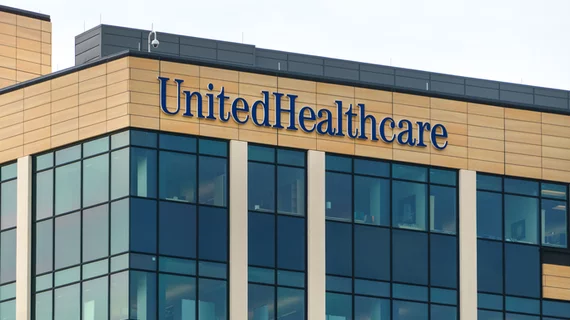UnitedHealthcare delays ED policy; ACR says ‘flawed’ rule may violate patient protection laws
UnitedHealthcare is delaying a new policy that would have denied coverage for some emergency services, including imaging, following intense backlash from patient, doctor and hospital groups.
The insurance giant said Thursday that it would pause implementation of the controversial policy until “at least the end of the national public health emergency period.” Initially, UHC was set to kick-start the rule on July 1, eliminating reimbursement for non-emergency trips to the ED.
A number of organizations have quickly rebuked the insurer, calling for a complete reversal. The American College of Radiology gave its own criticism of the “flawed” policy late Thursday in an email statement to Health Imaging.
“The new UnitedHealthcare emergency department payment policy shifts the responsibility for determining the difference between an emergent or non-emergent situation to the patient before any clinical evaluation,” an ACR spokesperson said, adding such coverage denials may also violate federal patient protection laws, namely the prudent layperson standard.
In a perspective shared Friday, American Hospital Association CEO Rick Pollack said the policy would have a “chilling effect,” scaring people from seeking the care they believe they need.
The hospital advocate warned it would continue to pressure UnitedHealthcare and other commercial health insurers on actions taken against patient health.
“UnitedHealthcare’s action offers a temporary reprieve for patients, and we urge its full and permanent reversal,” Pollack wrote June 11. “There is no justification for these restrictions now or after the public health emergency.”

